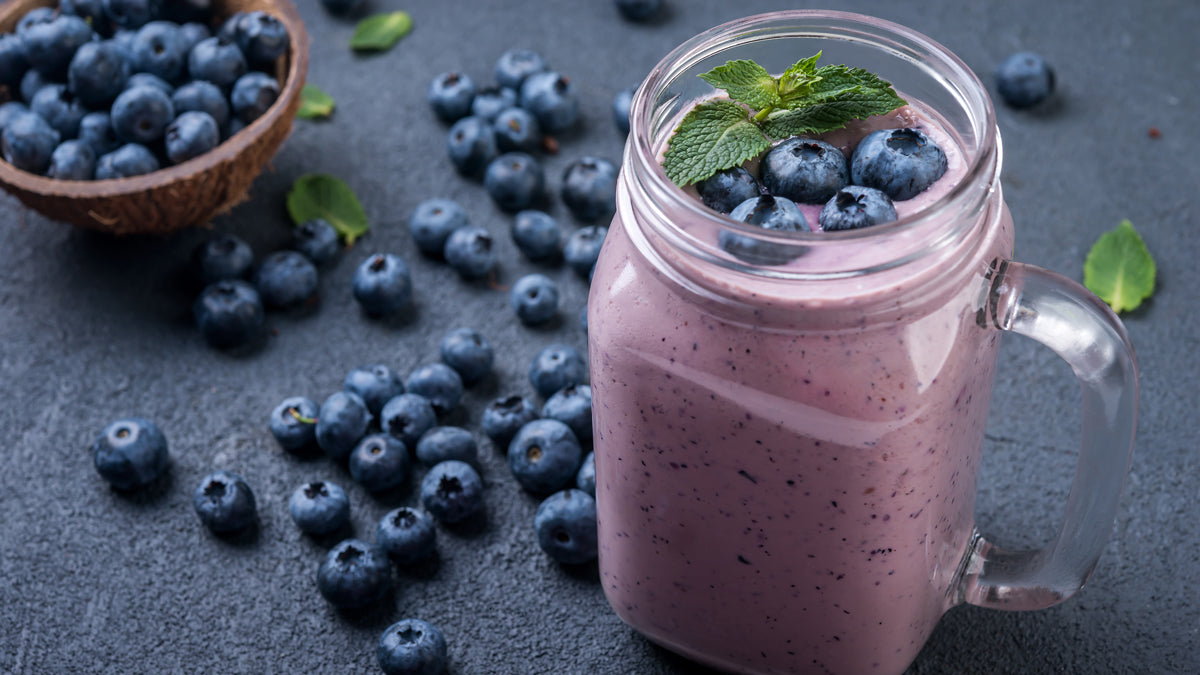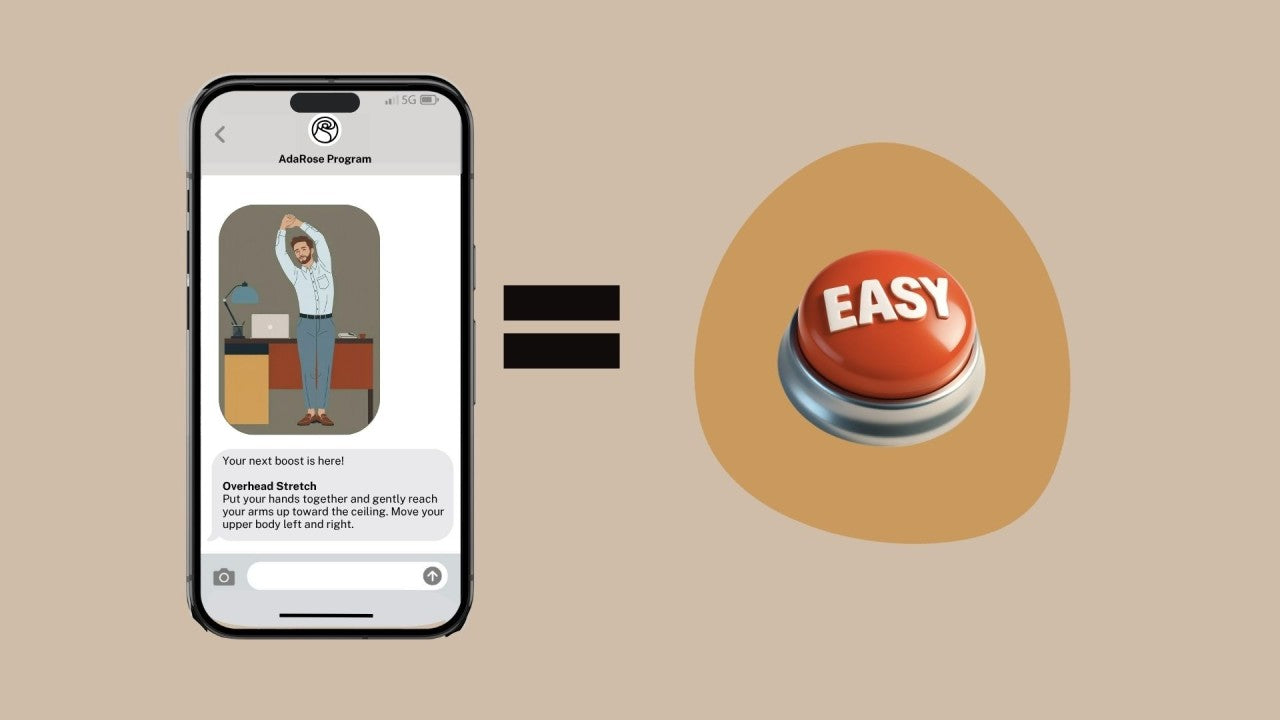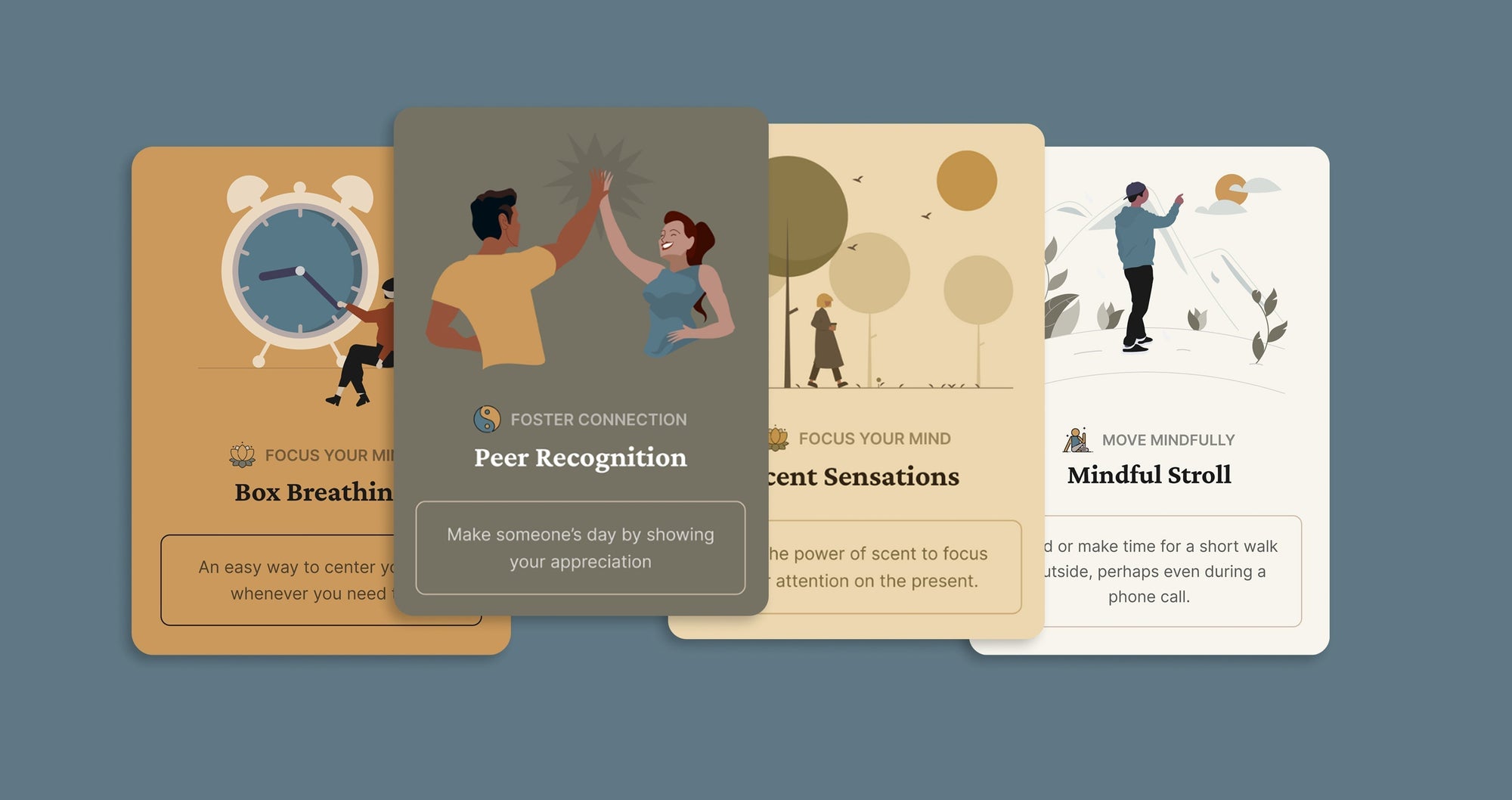While you don't have to work out intensely to benefit from exercise, it's still a good idea to challenge yourself in order to become stronger and fitter. That being said, if you always feel tired after working out—to the point of needing a nap or feeling brain-fogged when going about your day—something may be wrong.
Whether your fatigue is due to sleep deprivation, a lack of particular nutrients (such as protein), or under-fueling your body in terms of overall calorie intake, it's important to address consistent and unexplained tiredness after exercise.
Though it’s normal to feel tired immediately after exertion, a workout should make you feel better, healthier, and even more energized in general. Therefore, it's worth making a few tweaks to your routine that can help you to get the most from your workouts without feeling an ongoing lull afterwards.
Why Exercise Can Make You Feel Tired
Physical activity, especially intense exercise, is demanding for the body. This is a good thing—it challenges your muscles, heart, bones, and joints so that they become stronger.
However, if you work out a lot and don't provide your body with the fuel it needs to repair itself, you'll wind up feeling wiped out.
What's worse is you're more likely to experience injuries, mood changes, poor sleep, and hormone-related issues if you push yourself too far physically without recovering properly. You may even wind up with a compromised immune system if this pattern continues for too long.
"Exercise intolerance" is the term used to describe "an inability to perform strenuous activity at a level that should be normal for an individual’s age, size and fitness level."
What are some of the most common reasons why exercise may be making you tired (or why you might be “exercise intolerant”)? Here are common culprits for post-workout fatigue:
-
Sleep deprivation, which is usually caused by getting less than 7 to 9 hours of sleep per night for most adults.
-
Calorie deprivation for an extended period of time (aka dieting and under-fueling).
-
Low protein intake.
-
Lack of certain essential nutrients such as B vitamins, iron, or electrolytes.
-
Dehydration or low levels of electrolytes such as potassium, sodium, calcium, and magnesium.
-
Not enough rest time between tough workouts.
-
Thyroid dysfunction, such as hypothyroidism.
-
Other health issues such as heart disease or diabetes.
What to Do If You Feel Sleepy After Working Out
You may not know immediately which factors are contributing to you feeling tired, but if you follow these guidelines you'll be on your way to figuring it out. If not, check in with a healthcare professional for support and to make sure there isn’t a more serious underlying condition.
These tips will help you boost your energy levels and recover more easily from workouts (and from the daily pressures of parenting and other types of demanding work in general!):
1. Get enough sleep
It might seem counterintuitive, but a healthy metabolism and a well-functioning body rely on sleeping enough.
That's right—sometimes you have to do less (as in less scrolling on your phone at night or watching TV, in favor of sleeping) to achieve more.
It's actually when you're sleeping at night that your body really recovers from exercise. For example, sleep restores functioning of your hypo-pituitary-adrenal axis, which dictates hormone secretion.
Being sleep deprived can lead to low motivation to be active, weakness, poor mental and physical performance, and even increased likelihood of gaining weight. You can see why blocking enough Z's is an essential part of your self care routine.
2. Refuel after exercise with healthy post-workout meals/snacks
The best combination to feed your hungry muscles after a workout is complex carbs plus protein. In other words, eat an unprocessed source of carbs (such as fruit, whole grains, or potatoes) plus about 20 to 30 grams of protein (such as fish, meat, eggs, or yogurt) ideally within about 1-2 hours after exercising.

What are some examples of post-workout meals containing this winning combo? Try: whole grain bread with peanut butter, a smoothie with protein powder and berries, a turkey burger over a big salad, or eggs with greens and potatoes. Bonus: these healthy foods are high in other energizing nutrients such as vitamin B12 and iron.
Remember to drink plenty of water, too! Sip on water throughout the day to prevent issues tied to dehydration such as lethargy, headaches, and muscle cramps.
3. Don't crash diet
While not exceeding your calorie needs is the best way to stay at a healthy weight, under-eating for weeks or months at a time takes a toll on your metabolic rate and energy.
Once your body senses that not enough energy (aka calories) is being consumed consistently, it actually slows down many bodily processes such as digestion and cognitive function—especially if you're active and burning more calories than usual.
Crash-dieting, particularly when combined with over-exercising, can cause problems such as sluggishness and low moods. Your metabolic rate can also decrease if you crash diet, meaning you burn fewer calories even when at rest.
A better approach to achieving a healthy weight? Try to meet your calorie needs with nutrient-dense foods while also staying reasonably active.
4. Take enough rest days
You might pat yourself on the back for crushing it at the gym, but working out every single day has the potential to backfire. This places a lot of stress on your body, which makes it harder to bounce back.
Experts recommend working out about 4 to 5 days per week on average. You can do something of light or moderate-intensity almost every day, such as walking outside or gardening (two great ways to connect with nature!) or practicing yoga. But when it comes to strenuous workouts, give yourself a break at least 1-2 days per week.
Rest is especially important following high intensity exercise; if you do something like a long run or HIIT fitness class, consider taking the next day for "active recovery" to stretch, eat well, and destress.
One simple yet effective way to tackle your active recovery days is by completing the Stretch & Strengthening on-demand videos part of the AdaRose Work Break in a Box.
From the comfort of home, you'll be guided by a physical therapist through a series of exercises to loosen up stiff and sore muscles using the resistance band and massage ball found in your AdaRose wellness kit.





